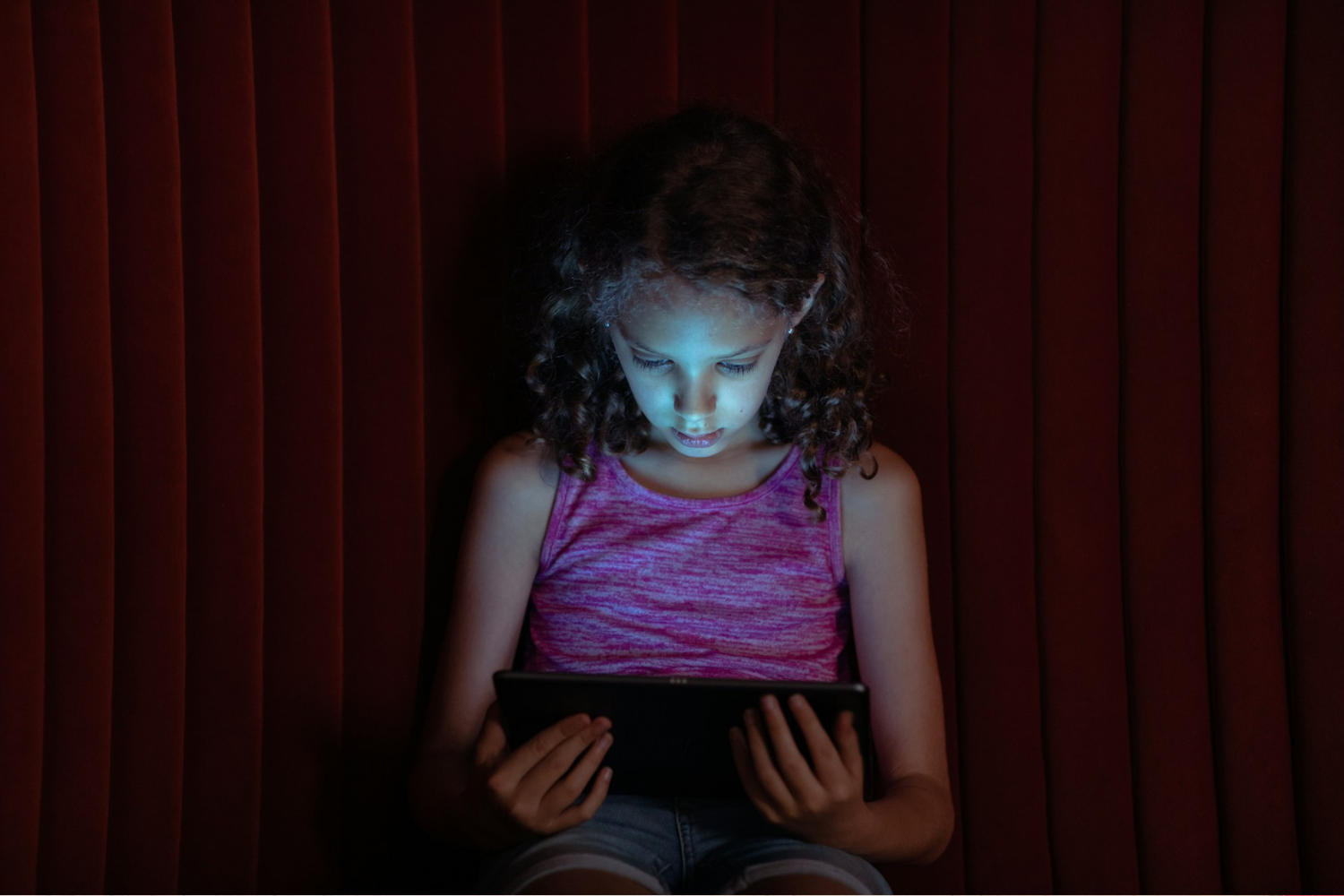Self-Harm Content is ‘Rife’ Online and More Should be Done to Protect Children, Says Trauma Therapist

Nick Fancher for Unsplash+. Image for illustrative purposes only - photo is of a model.
Children are exposed to many types of online trauma including self-harm, a leading psychotherapist has warned, and they need the right support to make sense of what they are seeing.
Catherine Knibbs is a researcher and trauma therapist, who helped counsel survivors of the Manchester Arena terror attack.
In her new book, Online Harms and Cybertrauma, she argues that the amount of self-harm content available to children online is an urgent societal issue which needs to be addressed by parents, policymakers and educators.
Children online
One of her suggestions for schools and children’s services to provide information on self-harm to children in the same way they do with sex, drugs and alcohol. She suggests education programmes would help young people to make safer choices and could reduce deaths.
The author warns that children are being exposed to information ‘beyond their level of maturity’.
“We know that information about drugs and alcohol can result in more conscious decisions and safer choices,” says Knibbs, who is accredited by the UK Council for Psychotherapy.
“We have education packages in schools and youth settings giving out information about sex, drugs and alcohol. This is said to reduce medical interventions and lower the number of deaths.
“So why does this not exist for self-harm in the same way? We urgently need some of these support spaces for young people, whilst discouraging the imagery or detailed reports of how to self-harm being shared.”
Knibbs also argues that more effort should be made by the platforms themselves to discourage graphic imagery and sharing reports of self-harm.
These are among recommendations the clinical and academic researcher makes in her new book, which highlights the serious issues children face online including cyberbullying, stalking, and disinformation.
The book provides evidence-based information about online risks, anecdotes from young people Knibbs has counselled, and advice on how to support children.
Exposure to harms
So great is the concern around internet harms that some countries are introducing laws to increase protections. The UK government’s Online Safety bill – which is expected to become law this year – will require technology firms to alter their platforms including making them safe for children.
In her book, Knibbs references the death of Molly Russell who died from self-harm after viewing harmful social media content. Molly’s father and the then Children’s Commissioner called for such content to be removed.
However, she says this material is so ‘rife’ that to take action is more complicated than just issuing a directive to take it all down. Hence, her suggestion for schools to educate children to minimise the risks.
Viewing self-harm images can be regarded by children as a way of making sense of their feelings and to seek support. However, Knibbs says the reality is that this results in repeat trauma.
This is illustrated by her experience of working with the Manchester Arena attack survivors who revisited the attacks by watching online videos to make sense of the tragic event. She says: “Each time my clients watched this, it resulted in a re-experiencing of the event that re-traumatised them.”
Types of self-harm
Online Harms and Cyber Trauma highlights that self-harm can also occur in ‘slow’ forms such as influencers taking excessively-long ice baths, ‘roasting’ where people are the butt of jokes, and staying up late on technology devices.
Other online harms documented in the book include hoaxes where people are dared to take part in pranks. Knibbs reveals she warned a school about one challenge #necknomination which resulted in people drinking bleach, but the staff did not act.
The guide also focuses on neurodiverse children who are particularly vulnerable to and perpetrators of cyberbullying eg virtual ‘mobbing’. This is because they do not understand ‘the rules’ of interaction, according to Knibbs.
Denying children access to technology by holding their devices ‘to ransom’ is not the solution, she says. Knibbs says she introduced her children to computers before the age of five to ‘facilitate their learning and play environments’, and she believes instead, parents should educate them about their brain health.
In a separate book also published by Routledge, Knibbs deals specifically with the impact on children of sex-related dangers. Online grooming, sexting, revenge porn, and pornography are among the issues that she covers in Children and Sexual-Based Online Harms.